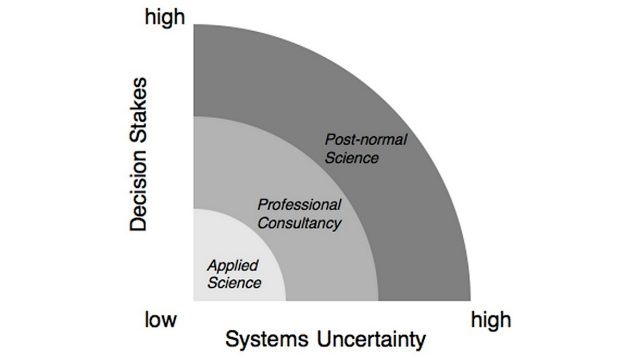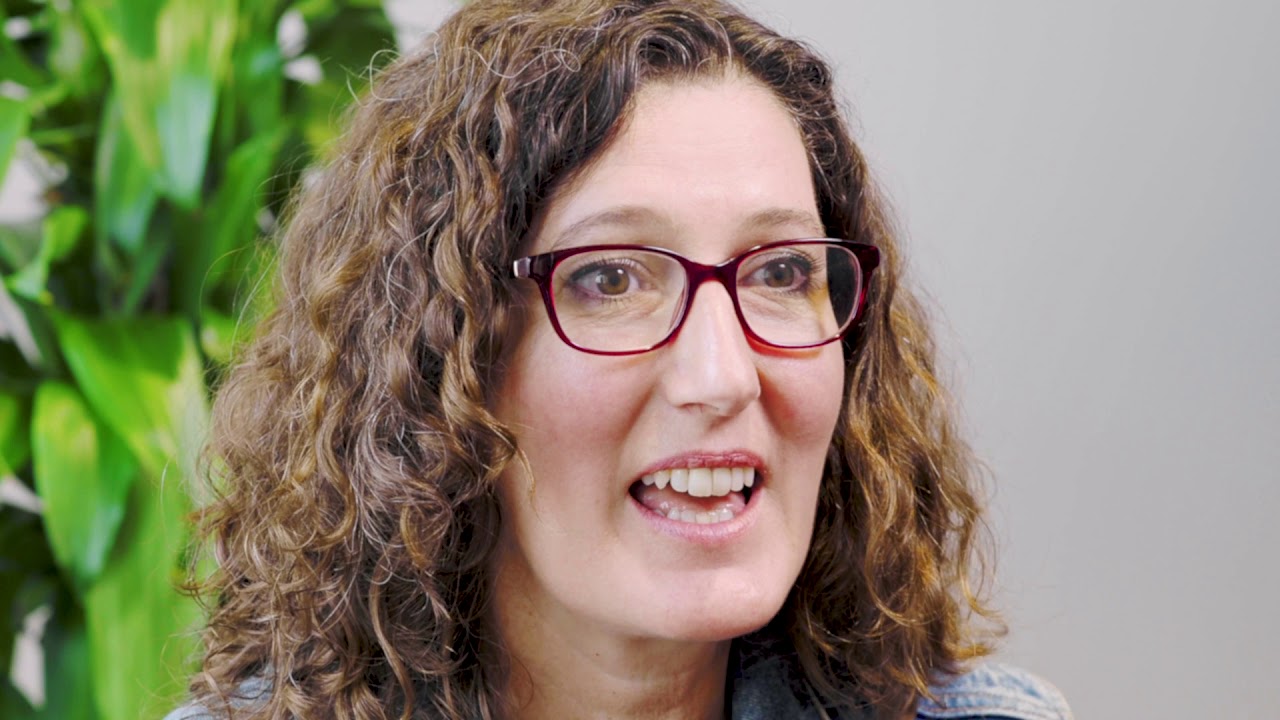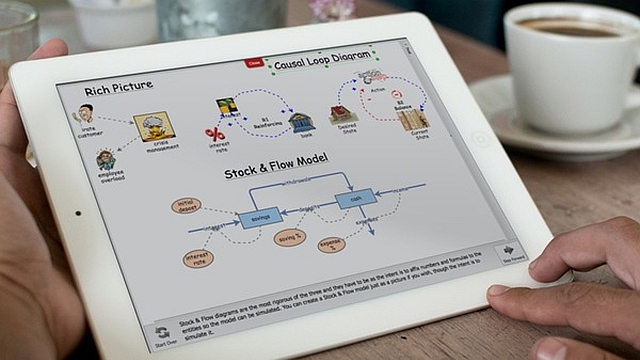
When are teams better than individuals?
Originally posted on The Horizons Tracker.
Teamwork is undoubtedly sexy right now, with collaboration seen as the bedrock of the modern organization. Of course, there are also times in which working individually is better, and recent research1 from Wharton explores when we should adopt each approach.
The study found that the answer often depends on the complexity of the task, with relatively simple tasks best performed by individuals, and more complex tasks best performed by teams.
“Groups are as fast as the fastest individual and more efficient than the most efficient individual when the task is complex but not when the task is simple,” the researchers explain.
Task optimization
The researchers developed an experiment that allowed them to change the complexity of what was ostensibly the same task. The task involved assigning students to dorm rooms. The task gradually became more complicated as more constraints were added. These included a smaller number of students, fewer rooms, or students who could not share a room with one another.
At the end, it was evident that most volunteers required more time as the task became more complex, but even with this, teams tended to be more efficient as the tasks became more complex.
“Interestingly, what we found is that where teams really shine is in terms of efficiency,” the researchers explain. “Teams for a complex task could do almost as well as the very best individual, but they were able to do it much quicker. That’s because they were much faster, they generated more solutions, they generated faster solutions, and they explored the space of possibilities more broadly.”
Of course, the researchers accept that teams are not always ideal, and there are various aspects of team dynamics that can hinder us, whether it’s groupthink or uneven power balances.
One possible way to overcome any negative group dynamics is to assign a leader of the group who is tasked with ensuring people are moving in the right direction. Learning from past team experiences is also a useful habit so that best practices can be redeployed.
“Depending on whether your task is simple or complex, and depending on whether what you care about is getting the absolute best possible score or getting something that’s pretty close to the best possible score but getting it efficiently, you’re going to make a different decision as a manager,” the researchers conclude.
Article source: When Are Teams Better Than Individuals?
Header image source: Austin Distel on Unsplash.
Reference:
- Almaatouq, A., Alsobay, M., Yin, M., & Watts, D. J. (2021). Task complexity moderates group synergy. Proceedings of the National Academy of Sciences, 118(36). ↩





